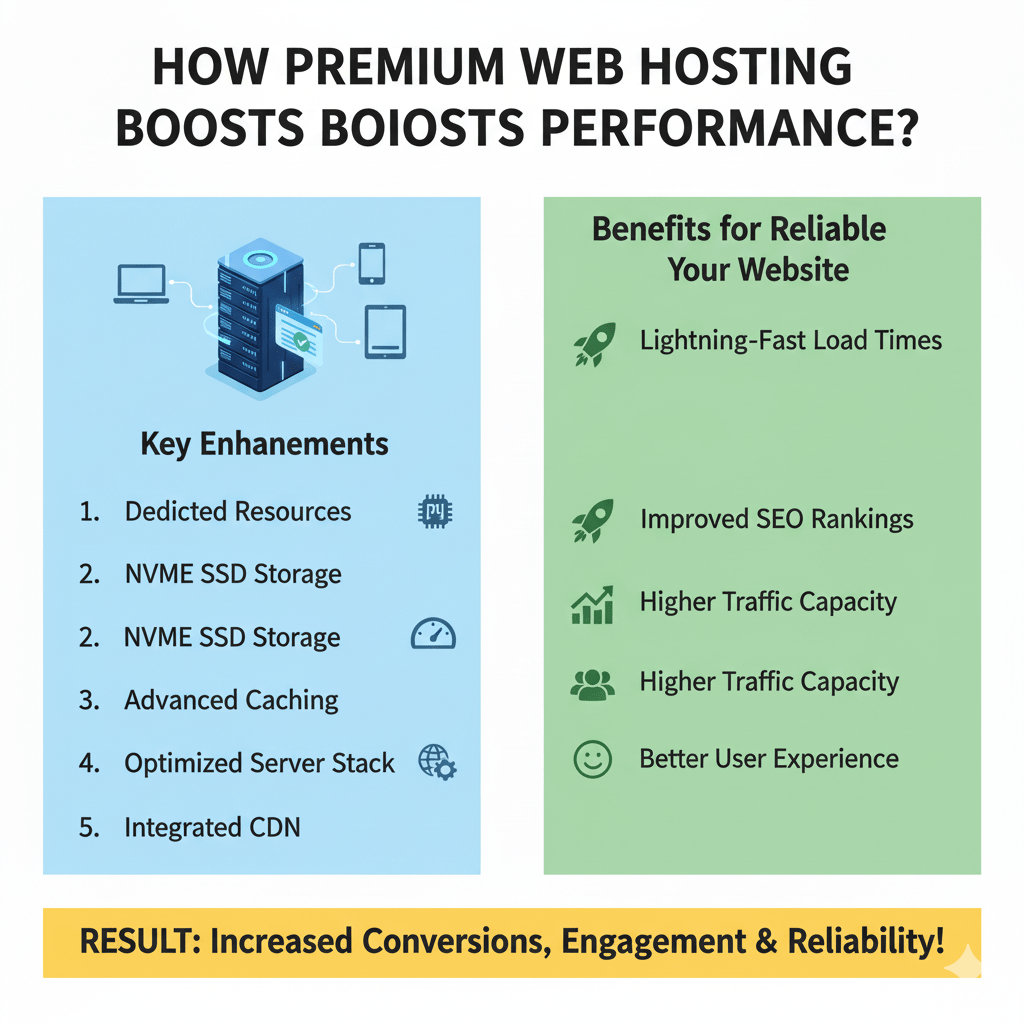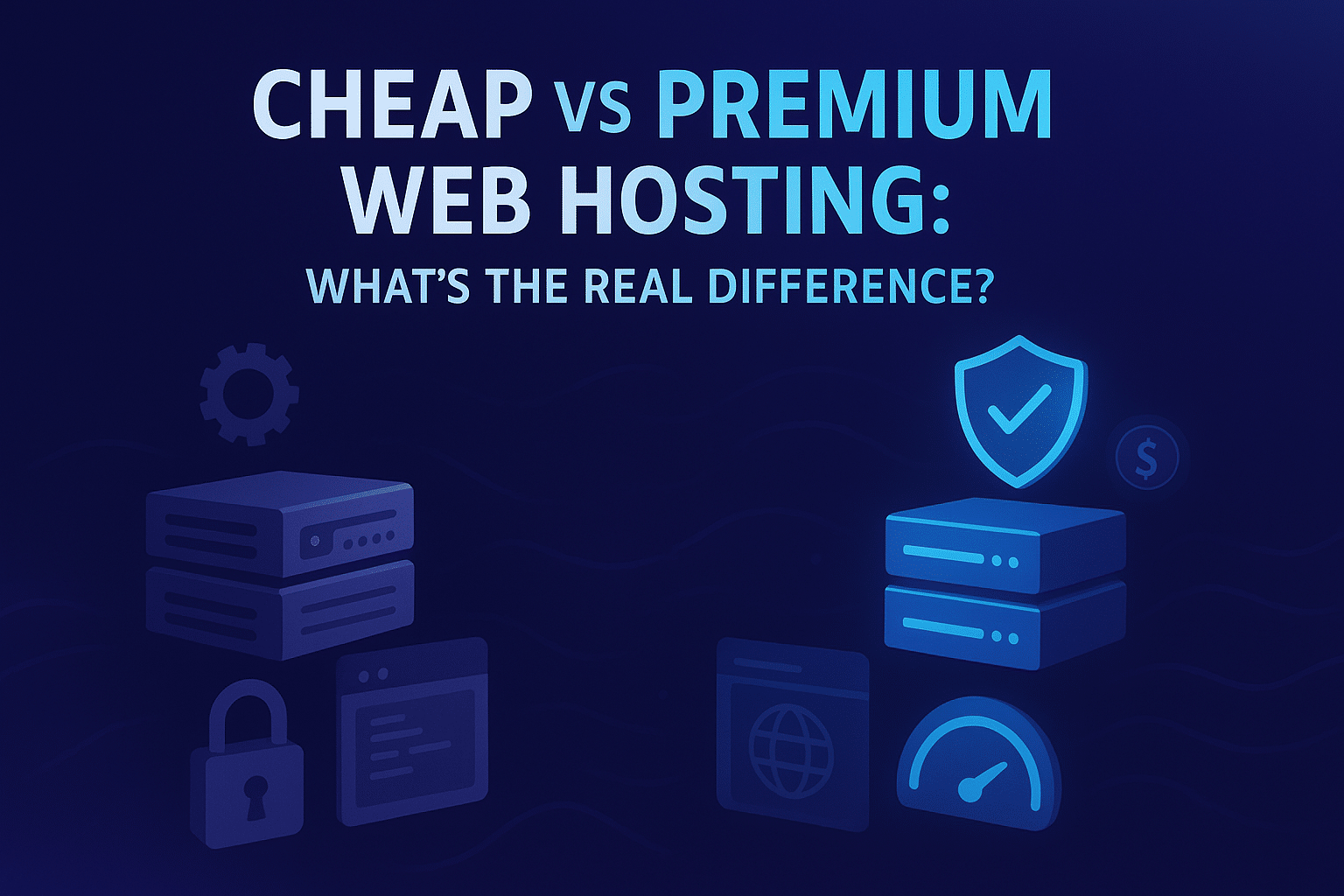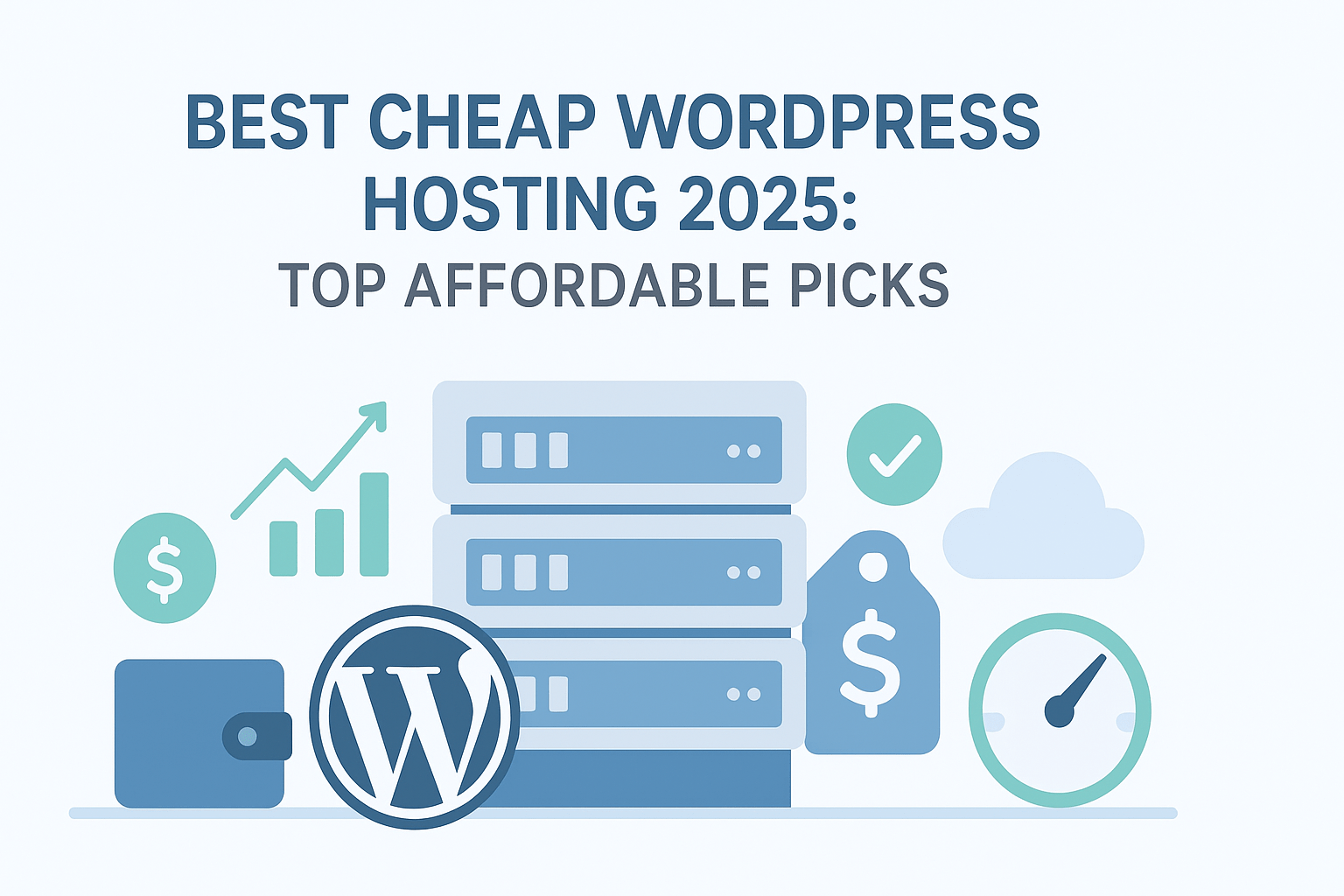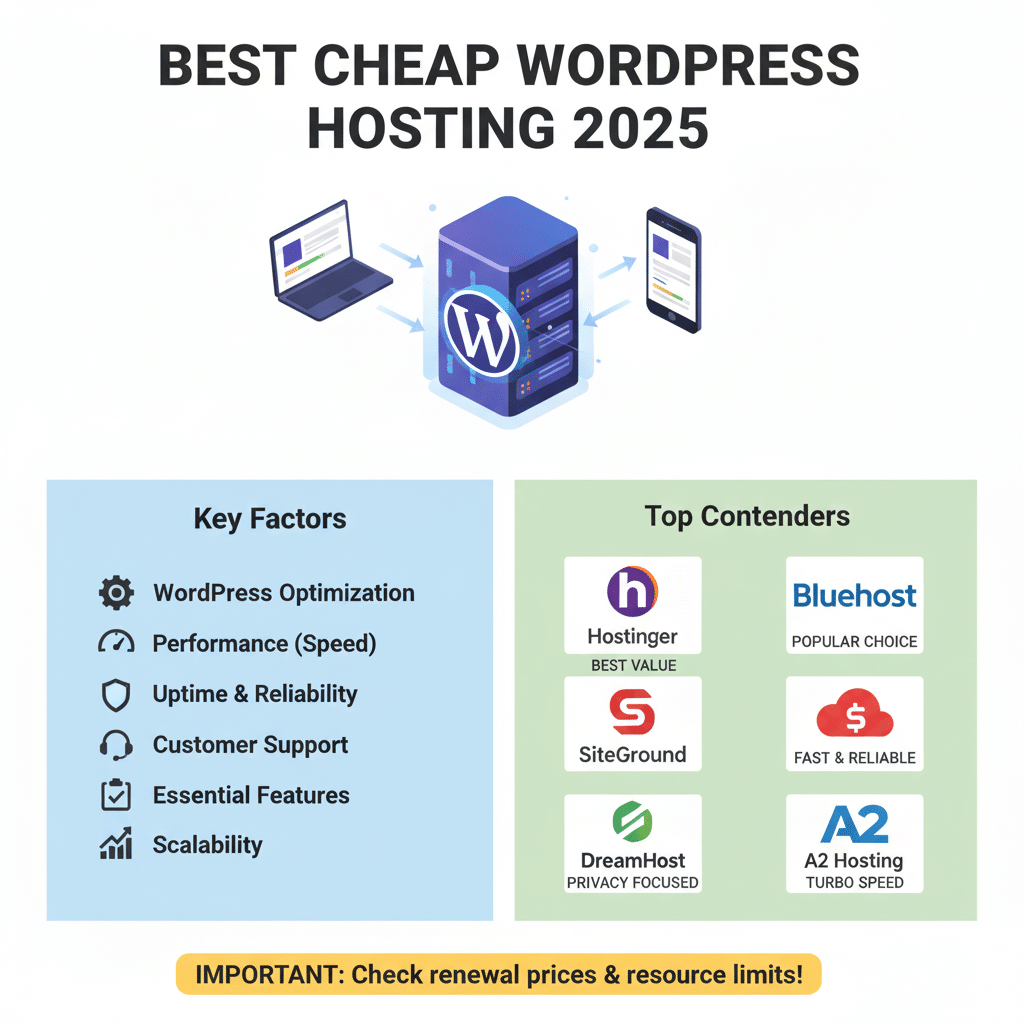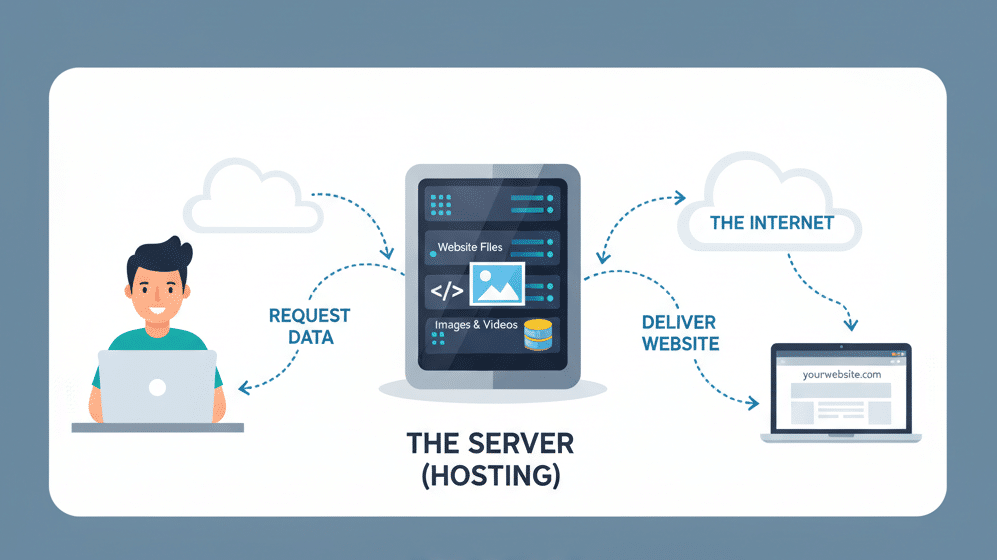Introduction
Hosting services cloud solutions have become the backbone of modern online businesses. As we enter 2025, understanding cloud hosting is no longer optional—it’s essential for any website that demands reliability, speed, and scalability. Unlike traditional hosting that relies on single servers, cloud hosting distributes your website across multiple interconnected servers, ensuring near-perfect uptime and automatic scaling during traffic surges. Whether you run an e-commerce store, business website, or content platform, this guide will explain everything about hosting services cloud in simple terms.
What is Hosting Services Cloud?
Hosting services cloud, commonly called cloud hosting, is a revolutionary approach to website hosting. Instead of storing your website on one physical server, it spreads your data across a network of virtual servers. This means if one server experiences issues, another instantly takes over—your website stays online with no interruption.
The cloud operates like a team of workers: when demand increases, more team members automatically join to handle the extra load. When traffic decreases, unnecessary resources are released. This dynamic scaling makes hosting services cloud perfect for businesses with fluctuating traffic patterns.
How Cloud Hosting Works
Imagine your website as a popular restaurant. Traditional hosting is like having one location—if the kitchen fails or crowds overflow, service stops. Hosting services cloud is like having multiple restaurant branches with shared staff and inventory. If one location gets too busy, customers are automatically redirected to others with available capacity.
Technically, cloud hosting uses virtualization technology to create a pool of computing resources (CPU, RAM, storage) from multiple physical servers. Your website taps into this pool, drawing exactly what it needs at any moment. Major providers like AWS, Google Cloud, and Microsoft Azure operate massive global networks of these interconnected servers.
Key Benefits of Hosting Services Cloud
- Guaranteed Uptime (99.9%+)
With traditional hosting, hardware failures mean downtime. Cloud hosting’s distributed nature ensures your site stays online even if multiple servers fail. - Instant Scalability
During traffic spikes (like Black Friday sales), cloud hosting automatically adds resources. No manual upgrades needed. - Cost Efficiency
You only pay for resources used. No more paying for unused server capacity. - Enhanced Security
Distributed storage and built-in firewalls protect against hacks and DDoS attacks better than single-server solutions. - Global Performance
Content is served from servers closest to visitors, reducing load times worldwide.

VPS Hosting vs. Cloud Hosting
VPS (Virtual Private Server) hosting divides one physical server into multiple virtual servers. While more stable than shared hosting, it still depends on that single physical machine. If that server fails, all VPS accounts on it go down. Hosting services cloud eliminates this risk by using multiple servers—failure of one doesn’t affect your site.
Dedicated Hosting vs. Cloud Hosting
Dedicated hosting gives you an entire physical server. It’s powerful but expensive and inflexible—upgrading requires hardware changes. Cloud hosting provides similar power but lets you scale resources instantly with a click. You’re not limited by physical hardware constraints.
Shared Hosting vs. Cloud Hosting
Shared hosting crams hundreds of websites on one server. If a neighboring site gets huge traffic, your site slows down. Cloud hosting gives you isolated resources—your performance isn’t affected by others. The small price difference is worth it for business sites.
Cloud Hosting vs. Traditional Web Hosting
All cloud hosting is web hosting, but not vice versa. Traditional web hosting (shared/VPS/dedicated) uses single-server architecture. Cloud hosting uses multiple servers working together. The difference is like comparing a single-engine plane to a jet—both fly, but one is far more powerful and reliable.
Who Needs Cloud Hosting?
- E-commerce stores (handle traffic spikes during sales)
- Business websites (can’t afford downtime)
- SaaS companies (need reliable uptime for customers)
- Growing blogs/portfolios (want room to expand)
- Any site where performance affects revenue
Choosing a Cloud Hosting Provider
When selecting a hosting services cloud provider, consider:
- Uptime Guarantee (look for 99.9%+ SLA)
- Scalability Options (how easily can you upgrade?)
- Global Server Locations (closer servers = faster loading)
- Security Features (firewalls, DDoS protection)
- Support Quality (24/7 live chat/phone?)
Popular reliable options include AWS, Google Cloud, and Azure. For beginners, managed cloud hosting from providers like SiteGround or Bluehost simplifies the process.
Getting Started with Cloud Hosting
Migrating to hosting services cloud is easier than you think:
- Choose a provider based on your needs
- Select a plan (start small, scale as needed)
- Migrate your site (many providers offer free migration)
- Monitor performance and adjust resources
Most providers offer simple control panels that make managing cloud servers as easy as traditional hosting.
As we move through 2025, hosting services cloud has become the smart choice for any serious website. The combination of reliability, scalability, and security makes it superior to traditional hosting options. While slightly more expensive than basic shared hosting, the benefits far outweigh the costs for business-critical sites.
Ready to experience cloud hosting? Many providers offer free trials—take one for a test drive and see the difference yourself. Your website (and visitors) will thank you.


